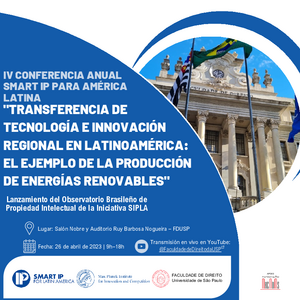Panel 1: The Ukrainian Pharmaceutical Industry: Strategic and Industrial Policy Perspectives
Moderation: Prof. Dietmar Harhoff, Ph.D.
Volodymyr Bortnytskyi, Ph.D., Deputy Head of the Social and Humanitarian Security of the Staff of the National Security and Defense Council of Ukraine, online
Prof. Dr. Liudmyla Petrenko, Department of Business Economics and Entrepreneurship, Kyiv National Economic University named after Vadym Hetman, Ukraine, in person
Panel 2: Drug Research and Development in Ukraine
Moderation: Anastasiia Lutsenko
Prof. Ivan Vyshnyvetskyy, MD, Ph.D., Managing Director Ukraine at FutureMeds, President of the Ukrainian Association for Clinical Research, Associate Professor at National Medical University (Kyiv), online
Prof. Nino Patsuria, Taras Shevchenko National University of Kyiv, online
Panel 3: A Regulatory Framework Outlook for the Ukrainian Pharmaceutical Sector
Moderation: Dr. Daria Kim
Prof. Vitalii Pashkov, Head of the Laboratory for the Study of National Security Problems in the Field of Public Health of the Аcademician Stashis Scientific Research Institute for the Study of Crime Problems, National Academy of Law Sciences of Ukraine, in person
Nataliya Gutorova, Yaroslav Mudryi National Law University, Ukraine, in person
Panel 4: Perspectives on Intellectual Property in the Pharmaceutical Industry in Ukraine
Moderation: Prof. Dr. Dr. h.c. Reto M. Hilty
As. Prof. Oksana Kashyntseva, Ph.D. Law, Head of the Department of IP rights and Human Rights in Healthcare of the SR Institute of Intellectual Property of National Academy of Law Sciences of Ukraine, Head of the NGO ‘Center of Harmonization of Human Rights’, in person
Sergiy Kondratyuk, ITPC Global IP and Access to Medicines Projects Manager, online
Dr. Yevgeniya Piddubna, Corporate Affairs Director, Farmak JSC, Chair of the Healthcare Committee at the Union of Ukrainian Entrepreneurs, in person
Dr. Kseniia Velychko, GR Manager, Pharmaceutical Company ‘Darnitsa’, in person
Zum vollständigen Programm




